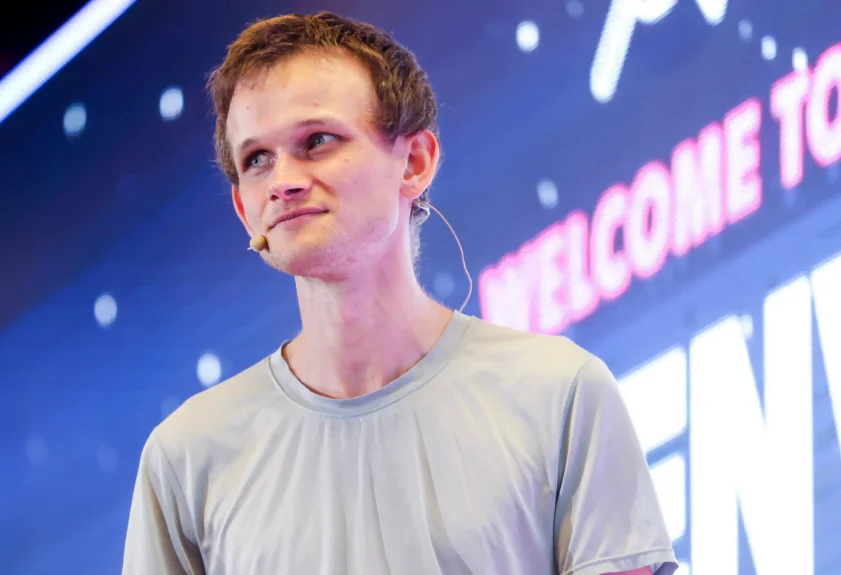According to Ethereum co-founder Vitalik Buterin, introducing Bitcoin Ordinals marks the “organic return of builder culture” to the network.

Buterin made the remarks in a Twitter Space on July 7 in which he discussed at length with Bitcoin advocates Eric Wall and Udi Wertheimer what Ethereum developers could teach Bitcoin developers.
Buterin lauded Ordinals and the BRC-20 token standard, which he views as a repudiation of “stagnant” Bitcoin ecosystem politics.
“Ordinaries are beginning to restore a culture of doing things.” “The laser-eye movement appears to be experiencing genuine resistance, which is positive,” Buterin said.
The nearly two-hour discussion centered on the topic of scalability. Wall asserted that Bitcoin’s Lightning Network cannot scale to accommodate future users and “frequently” fails when processing “even medium-sized payments.”
In response, Buterin suggested that the optimal strategy would be to concentrate on implementing various layer-2 solutions and searching for methods to increase the efficiency of the Bitcoin base layer.
“I think focusing on rollups is good, and so is being open to ZK-snark-based scaling solutions.”
Wertheimer believed that implementing zero-knowledge rollups could result in an intriguing secondary effect.
“If we adopt rollups for Bitcoin, we get an execution environment as well […]” “We can execute smart contracts,” said Wertheimer.
Wall and Wertheimer, two key figures behind the Ordinals initiative Taproot Wizards, are outspoken proponents of Ordinals and routinely advocate for adding new features to the Bitcoin network.
Fundamentalist Bitcoiners have criticized their posture, claiming that NFTs and smart contracts dilute Bitcoin’s ostensible primary function as a peer-to-peer cash network.
Among these detractors is the CEO of Jan3, Samson Mow, who believes that Ordinals waste block space that could otherwise be dedicated to Bitcoin transactions.
Wall acknowledged these criticisms and explained that Bitcoin could be a “proof system” for zero-knowledge proofs, which would not cause network congestion.
“From my perspective, we [Bitcoiners] have always wanted to do DeFi-like things, but we didn’t want the Bitcoin base layer to have to perform the computation on-chain,” Wall explained.
“We shouldn’t necessarily just be thinking about second layers as a way to make payments, but I think we could also think about them [as a way of doing] expressive things.”
Wertheimer criticized Mow and Blockstream CEO Adam Beck for dismissing the conversation with Buterin, sparking fresh controversy in the Bitcoin community.
